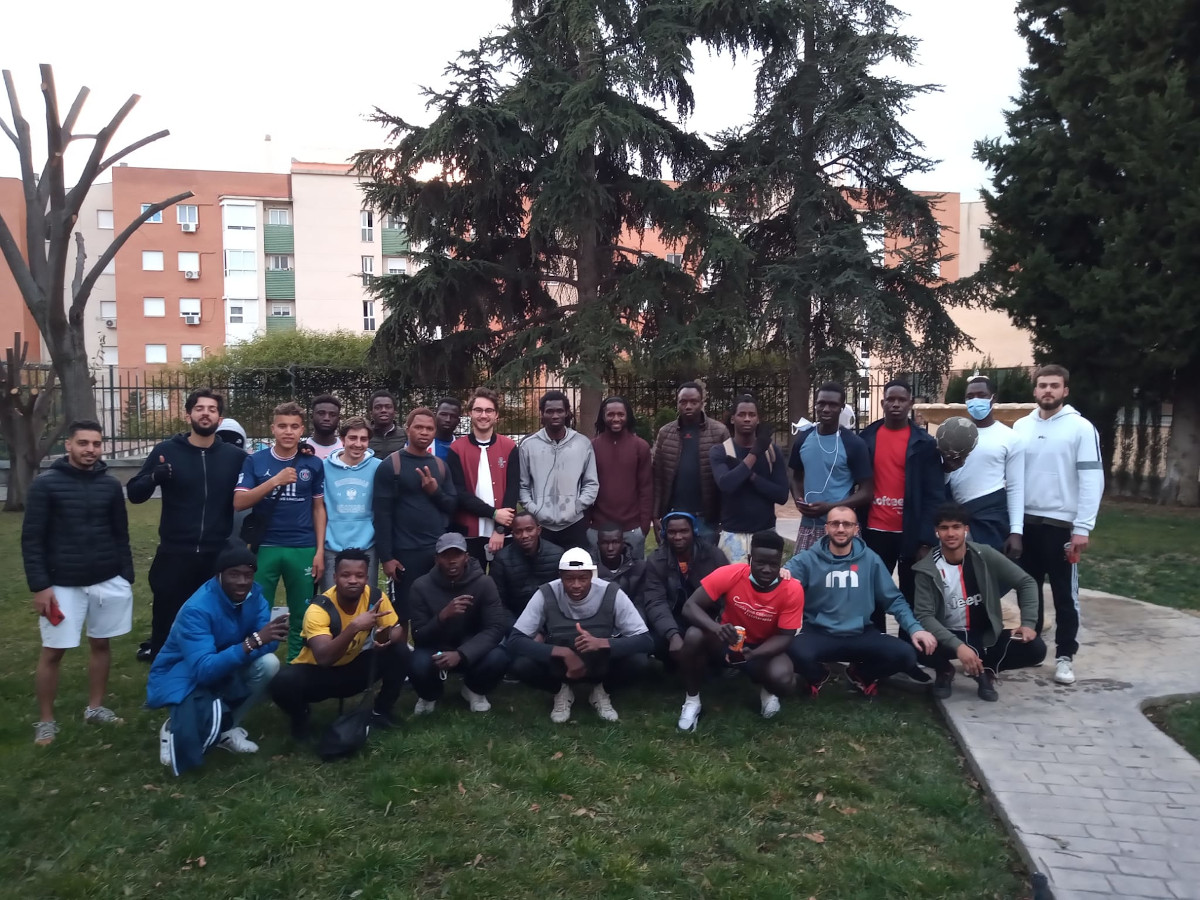From the outset, this title seems ambitious, could it be that Francis is in search of the third way between capitalism and socialism?
What does the Church, the Magisterium and the Social Doctrine of the Church have to say again about politics in a document that bears in its title the ideal of fraternity?
Pius XI in 1927, and after him several popes, and also Francis in number 180 of this document, have already affirmed that 1politics is a high form of charity because it gives the possibility of doing good in a lasting and collective way. To make the structures of a state or society can be based on profoundly human and Christian values and build processes that favor the common good.
Being in the community of Granada, Spain, working, together with a group of volunteers, in the accompaniment service of some immigrants, I wonder if there is an example of this “Best Policy”. Is politics taking care of this migratory process, of the integration of people from different cultures into a multicultural society?
Europe, through politics, has been transformed into an impenetrable fortress where Frontex is in charge of preventing the arrival of people. This is not the “Best Policy”, this is a policy where Christians and people who have human values have been left on the sidelines, they have been left spectators. This policy promotes a narrative of exception based on fear and security, missing the opportunity to normalize an inescapable and necessary phenomenon. 2
That is why, almost reading this chapter backwards, I see very important Bergoglio’s call to return to commitment to politics, to put aside “a bleak skepticism incapable of appealing to a common project” (n.197).
It is important that people and Christians “on foot”, from the base, manifest themselves, organize themselves, not be apathetic, that they launch proposals and commit themselves in the first person in this service to society and if we want to build up the Kingdom of God.
To give an example I can say that in Spain, thanks to the pressure of organized civil society, in October 2021 a decree law has been approved with which the Aliens Regulation is modified to facilitate the obtaining of residence and work permits for minors and young immigrant3 foreigners. Practically grants work and residence authorization for two years for young people who have arrived in the country as minors. This decree simplifies bureaucracy and facilitates access to work for immigrant children and their social inclusion.
I can also mention the Popular Legislative Initiative (ILP) for the Extraordinary Regularization of Migrants present in Spanish territory. REDES, which represents a group of Catholic organizations, has joined the group promoting this initiative4, which is in the phase of collecting the 500,000 signatures necessary to be admitted and presented to parliament.
There are many more interesting concepts and reflections, such as the denunciation of human trafficking and slave labor, that are waiting for political answers to eliminate them.
The hope is that we will continue to be involved in these political processes.
1 http://www.francescoocchetta.it/wordpress/?p=62654; Pius XI, Address to the Italian Catholic University Federation (18 December 1927): L’Osservatore Romano (23 December 1927), 3.
2 https://porcausa.org/articulo/balance-de-un-ano-del-pacto-de-migracion-y-asilo-de-la-union-European/; https://porcausa.org/proyecto/investigaciones-porcausa/
3 https://www.eldiario.es/desalambre/gobierno-aprobara-martes-reforma-reglamento-facilitara-papeles-miles-menores-jovenes-migrantes_1_8409112.html
4 https://www.redes-ongd.org/por-la-regularizacion-extraordinaria-de-personas-migrantes/



